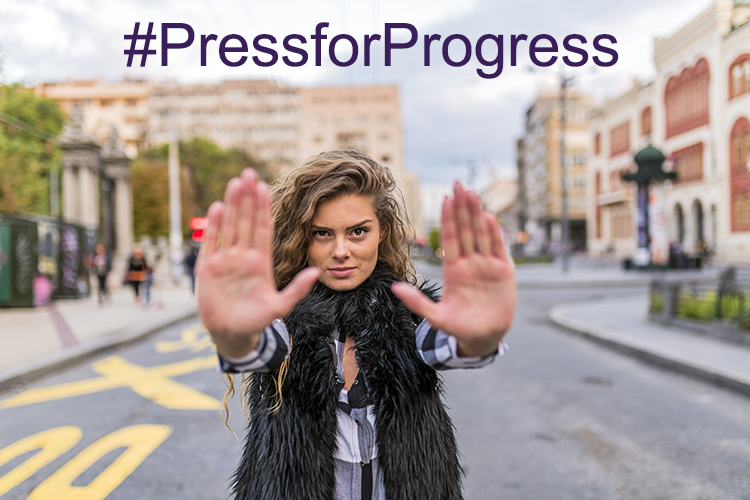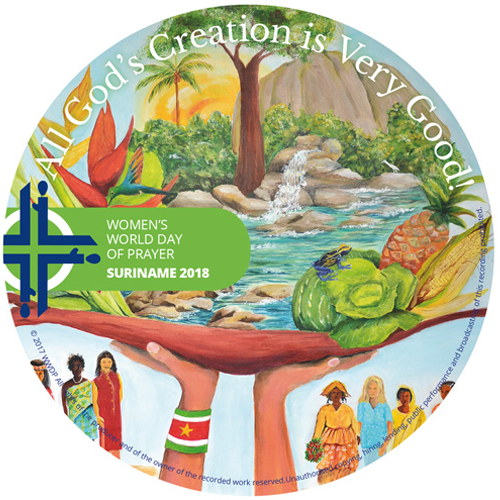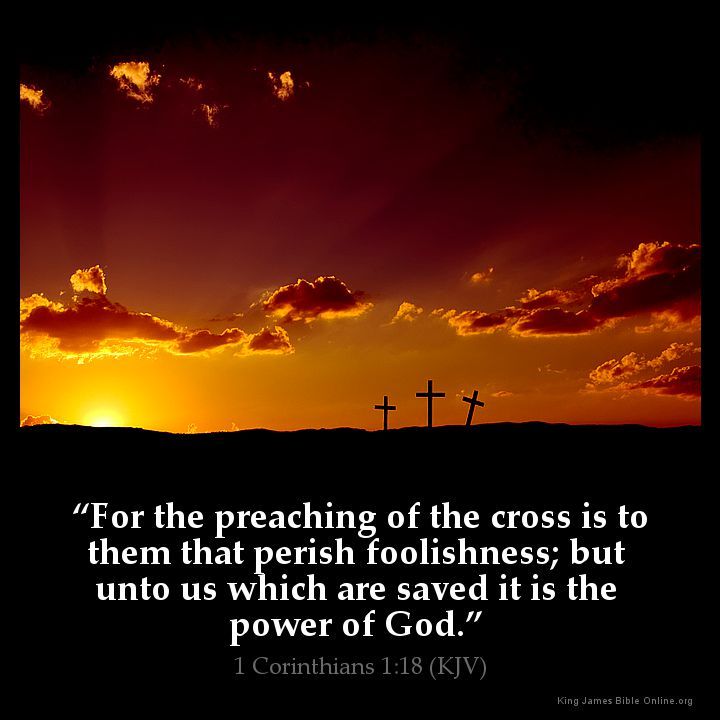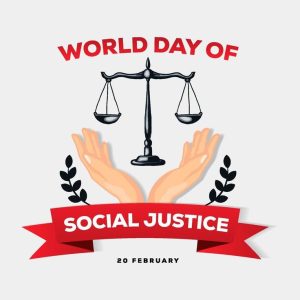Among the gospel texts, there are some which are more than a little demanding…
And, when it is Jesus himself who speaks to us, there is no trying to escape.
Some may try to pretend they do not understand, but somehow they know they are deceiving themselves.
On this 5th Sunday of Lent (Year B – Jn.12:20-33) we are told:
“Anyone who loves his life loses it;
anyone who hates his life in this world will keep it for eternal life.” (v.25)
(Text also found in Luke 9:24)
Some may discuss on the real meaning of ‘losing one’s life’.
Some may argue about what it entails.
Some may wonder what it demands from each one of us.
Most people will admit that it is about detachment.
But what is it ‘to be detached’?
Detached from what and… detached for what?
A modern parable makes it quite clear.
A man on pilgrimage to a renowned shrine was passing through a remote area where a poor man was living who had a reputation of holiness.
The pilgrim happened to reach the hut of the holy man at lunch time.
The poor man quickly opened a small bag and he took out a slice of bread which he broke into two pieces giving one half to his visitor.
As he did this, a precious stone also came out of the bag.
The traveler was amazed at the jewel sparkling in the noon sun.
He asked the poor man for the stone and the holy man gave it to him without hesitation.
On his return journey, the traveler brought back the jewel to the poor man saying:
“Now, give me rather what enabled you to give me so readily the only thing you possessed!”
This holy man was truly detached – he did possess something and something very precious –
yet, he was ready to give it without the slightest hesitation.
Perhaps it is a question of NOT being possessed by our possessions…
Someone has given a very simple definition of ‘detachment’ saying :
‘If I have something I like, it’s fine;
if I don’t have it, it’s also fine!’
Detachment of our possessions, our realizations, our reputation –
our real self is so much deeper!
In general, dying is something people do not like to think about and even less so to speak about.
Dying to … oneself, is no easier to envisage and yet…
It is essential to one who calls himself, or herself, a disciple of Christ.
Of such is discipleship made of, but the choice to be and a disciple of Christ is and remains ours…
Note: Another reflection on a different theme is available in French at: https://image-i-nations.com/5e-dimanche-careme-annee-b/


 When told that something is free, or at a big discount, some people will rush to benefit from the offer.
When told that something is free, or at a big discount, some people will rush to benefit from the offer. We pretend that we can ‘handle it’, we can manage on our own.
We pretend that we can ‘handle it’, we can manage on our own.
 This very special day is celebrated on the first Friday in March each year. This is a worldwide movement of Christian women that began in the U.S. and Canada in the 19th century, and became worldwide in 1927. The continuing motto for this very special day is « Informed Prayer and Prayerful Action ».
This very special day is celebrated on the first Friday in March each year. This is a worldwide movement of Christian women that began in the U.S. and Canada in the 19th century, and became worldwide in 1927. The continuing motto for this very special day is « Informed Prayer and Prayerful Action ».
 organisations from countries and regions all over the world will hold awareness-raising activities.
organisations from countries and regions all over the world will hold awareness-raising activities.


